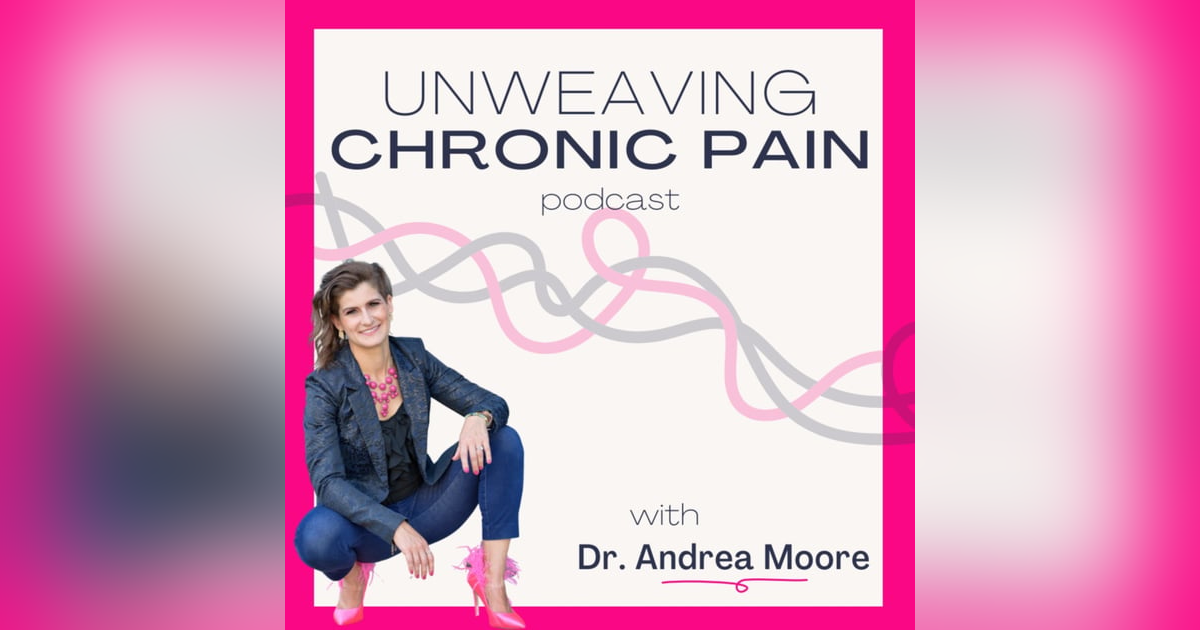Break Free from Anxiety with THIS skill!

Tried everything for anxiety and still stuck? Discover the one missing skill that makes all the other tools actually work.
If you’ve tried everything for anxiety—breathing exercises, talk therapy, meditation, journaling—but still feel stuck, this episode is for you.
Dr. Andrea Moore, chronic pain expert and founder of the Whole Self Integration Method, shares the real reason so many well-intentioned anxiety tools don’t work (and why it’s not because you're doing them wrong). You’ll discover the missing piece that makes nervous system healing actually work—and how learning to be with anxiety instead of trying to eliminate it can unlock more energy, clarity, and freedom.
In this episode, you’ll learn:
Why anxiety and chronic pain are so deeply linked
The one nervous system skill most people are never taught (but need)
How anxiety sneaks into everyday life—from texts to doctor calls to pants shopping
Why talk therapy alone may not be enough (and what to do instead)
The surprising reason trying to “get rid of anxiety” can make it worse
What it really means to build emotional capacity
This isn’t just another self-help pep talk—this is about retraining your nervous system and reclaiming your energy so you can live fully, even when anxiety shows up.
🧭 Resources Mentioned:
Learn more or book an Energy Up-Level Session: www.drandreamoore.com
Follow Andrea on Instagram for raw insights & tools: @drandreamoore
Want to start building capacity today? Check out the Pain to Power Program at www.drandreamoore.com







